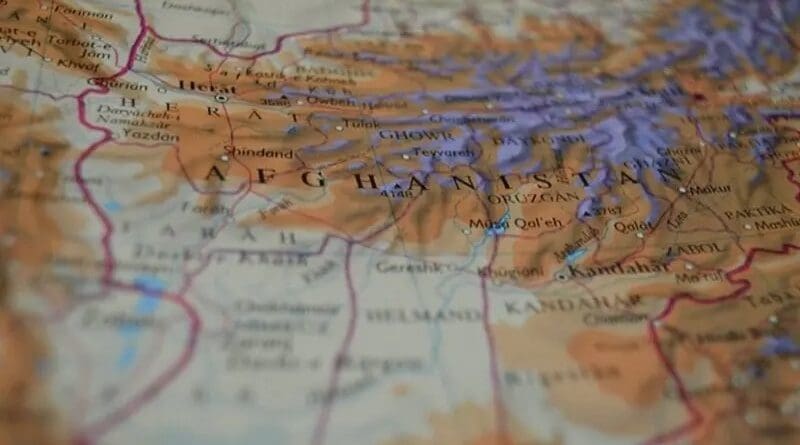The Imperative Of An Inclusive Government In Afghanistan – OpEd
The imperative of establishing an inclusive government in Afghanistan arises from the pressing need to foster stability, unity, and representation. In a nation marked by diverse ethnicities, cultures, political groups and religious sects, an inclusive government becomes instrumental in ensuring that all segments of society are heard and represented. Historically, exclusionary governance has led to internal strife and resistance, emphasizing the critical importance of inclusivity. Such a government not only builds national unity by accommodating diverse perspectives but also safeguards the rights of women and minorities, fostering a tolerant and pluralistic society.
Afghanistan’s tumultuous history underscores the repercussions of exclusionary governance. Past regimes that marginalized certain ethnic and cultural groups witnessed internal strife and resistance that could be a lesson for the Taliban. The inclusivity of a government plays a pivotal role in fostering stability, ensuring that all sections of society feel represented and heard. Exclusivity in governance poses significant risks. Marginalizing ethnic, religious, or cultural groups can lead to resentment, alienation, and potential unrest. Understanding and addressing the challenges of exclusivity is crucial for steering Afghanistan towards a path of stability and prosperity.
An inclusive government is instrumental in building national unity. By representing diverse ethnic backgrounds and cultural nuances, it fosters a sense of belonging among all citizens. National unity is a cornerstone for resilience against external threats and internal divisions.
Inclusivity is synonymous with safeguarding human rights, particularly those of women and minorities. A government that reflects the diversity of its populace ensures adequate representation and protection for all, promoting a pluralistic and tolerant society.
Exclusionary policies can inadvertently contribute to extremism and radicalization. An inclusive government, by contrast, serves as a countermeasure, addressing grievances and providing avenues for constructive engagement. Inclusivity is a potent tool against the breeding grounds of extremism.
An inclusive government will enhance Afghanistan’s standing in the international community. By showcasing a commitment to diversity and representation, Afghanistan is more likely to receive diplomatic and financial support from the global stage. Inclusivity aligns with international norms and values. Inclusive governance contributes to effective diplomacy and conflict resolution. A government that accommodates various perspectives is better equipped to negotiate internal conflicts and engage in diplomatic initiatives, promoting peace and stability.
The correlation between inclusivity and economic development is undeniable. An inclusive government formulates policies that consider diverse perspectives, addressing the varied needs of the population. This, in turn, propels sustainable economic growth and social welfare. International organizations can play a pivotal role in promoting inclusivity. By providing support and guidance, these entities can help Afghanistan navigate the complexities of forming an inclusive government, drawing insights from successful models worldwide. While the benefits of inclusivity are evident, challenges and resistance may arise. Acknowledging these hurdles and strategizing to overcome them is essential for the successful establishment of an inclusive government.
In conclusion, the establishment of an inclusive government in Afghanistan is not merely a political choice but a strategic imperative. From fostering national unity to countering extremism and garnering international support, inclusivity is the bedrock upon which a stable, representative, and prosperous Afghanistan can be built. As the nation stands at a critical juncture, embracing inclusivity is not just a policy decision; it is an investment in the future well-being of the Afghan people and the global community at large.

